Environmental groups welcome Quebec’s recent announcement banning natural gas heating in Quebec homes as of 2040, and the reduction in greenhouse gas emissions it will bring.
Jean-Pierre Finet, an analyst with the Regroupement des Organismes Environnementaux en Énergie (ROEE), also welcome the government's intent to reduce greenhouse gas emissions, but remain skeptical of the biomethane solution. "We need to genuinely cut greenhouse gases, not maintain outdated systems under a new label," said Finet.
Biomethane: A controversial transition from Natural Gas
Quebec’s primary natural gas distributor, Énergir, currently produces only 2% of its gas from renewable sources like biomethane, which is derived from organic waste. While marketed as a sustainable alternative, environmental advocates argue that it perpetuates reliance on the same pipelines and infrastructure used for fossil fuels.
“Biomethane might sound green, but it’s not a long-term solution,” said Anne-Céline Guyon, an analyst with Nature Québec. “The volumes needed can never be sustainably produced, and promoting it delays the shift to genuinely renewable energy sources like electricity and heat pumps.”
Critics also highlight the high costs of biomethane. While traditional fossil gas costs around 10 cents per cubic meter, biomethane prices soar to 70 or even 90 cents per cubic meter, burdening consumers without offering a meaningful environmental payoff.

Electric heating as a real solution to replace gas home heating
The provincial government is urging households to chose clean electric heating systems instead of relying on biomethane. However, this comes with its own challenges, as Quebec’s electricity grid faces growing demand.
“There’s no denying that Quebec has an electricity shortage,” said Renaud Brossard from the Institut Économique de Montréal. “Both the government and Hydro-Québec admit this, and further strain on the grid could complicate efforts to decarbonize other sectors.”
Despite these concerns, Hydro-Québec and the government maintain that energy conservation measures can help balance demand. By investing in energy efficiency and encouraging Quebecers to adopt sustainable habits, officials believe the grid can handle the transition.
Natural gas greenwashing concerns
Environmental coalitions, including Sortons le gaz!, have expressed mixed feelings about the government’s plan. While they support the ban on fossil fuels, they caution that measures like dual-energy systems—using a mix of electricity and gas—and the push for biomethane could undermine progress.
“Biomethane is a distraction from the real goal: transitioning to fully renewable energy,” said Guyon. “By promoting it, we risk prolonging dependence on fossil fuel infrastructure and delaying necessary investments in cleaner technologies.”

Quebec’s broader climate goals
Quebec’s plan is part of its 2030 green economy framework, which includes $900 million in investments to double energy efficiency by the end of the decade. Environment Minister Benoit Charette emphasized the importance of an orderly transition, allowing consumers time to adapt while reducing emissions. Quebec has already banned oil heating in new homes in 2021.
While the government’s goals are ambitious, advocates stress that true climate leadership requires moving beyond interim solutions like biomethane and focusing on electrification and renewable technologies. By doing so, Quebec can better position itself as a global leader in the fight against climate change.
Now you know about the transition away from gas heating in homes. Learn more about reducing your home carbon footprint and energy efficient home building in the Ecohome Green Building Guide.
Find more about green home construction and reap the benefits of a free Ecohome Network Membership here! |
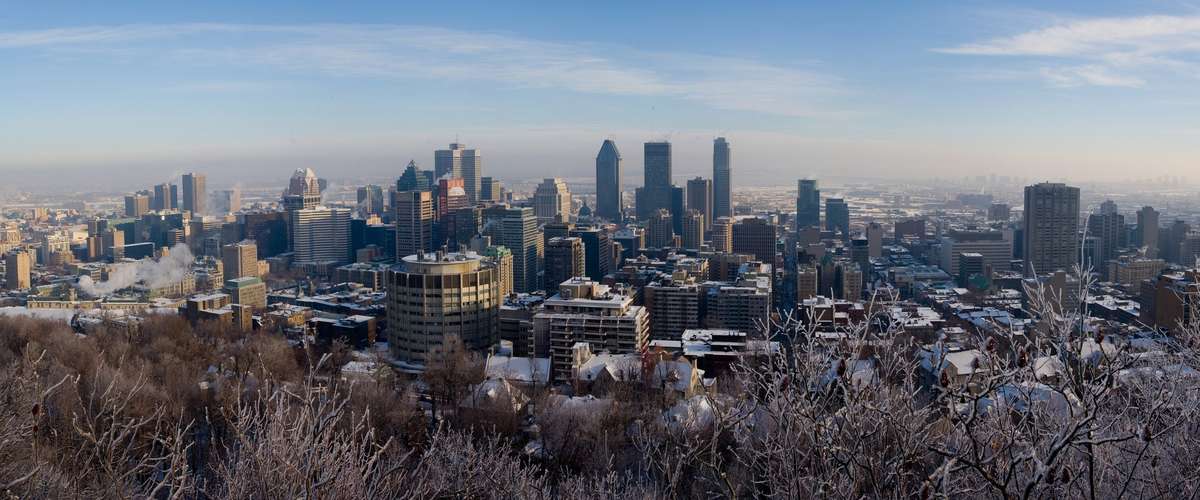

























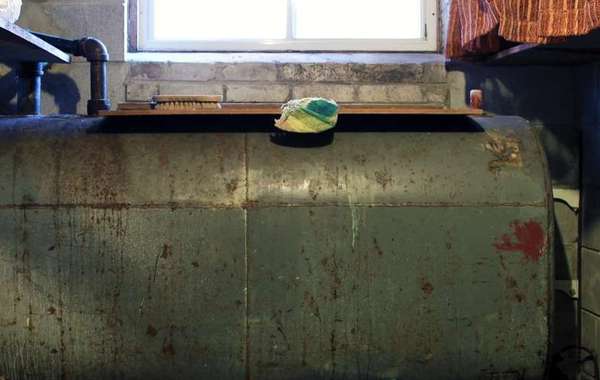
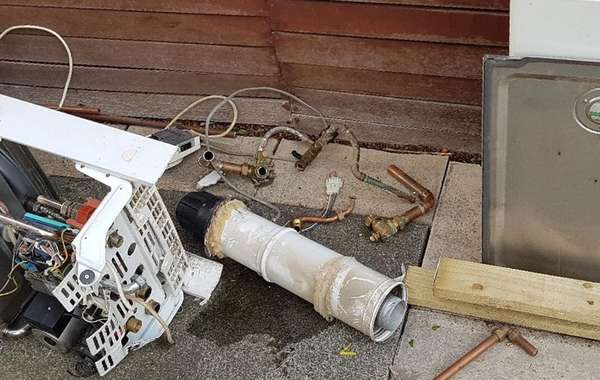

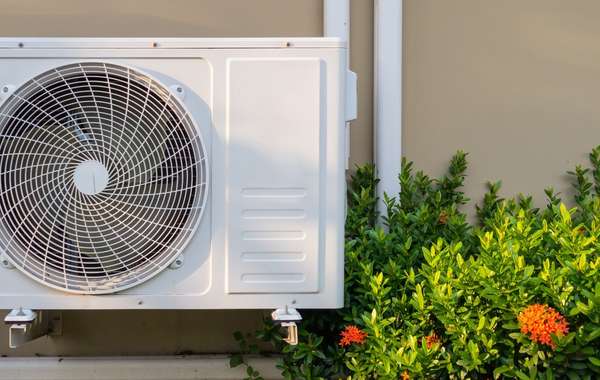
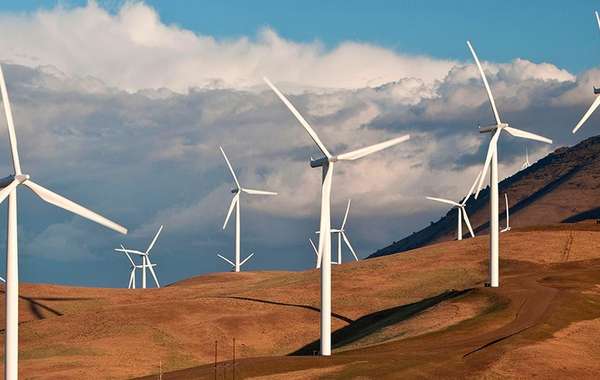

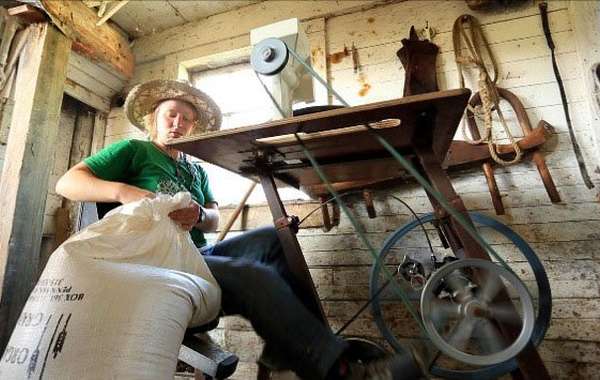
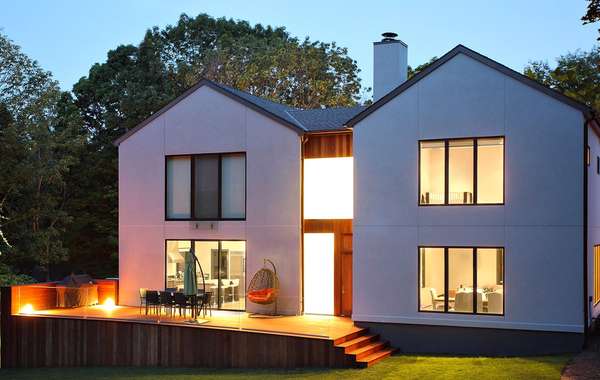

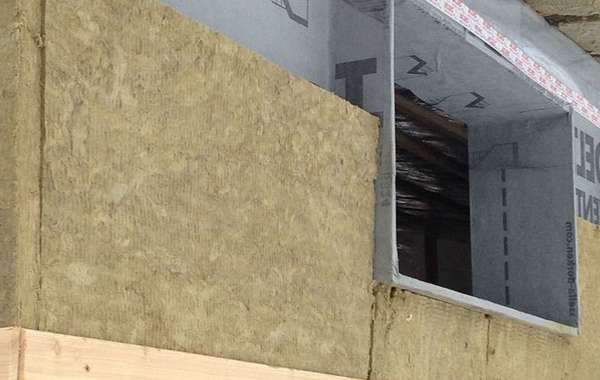
Comments (0)
Sign Up to Comment